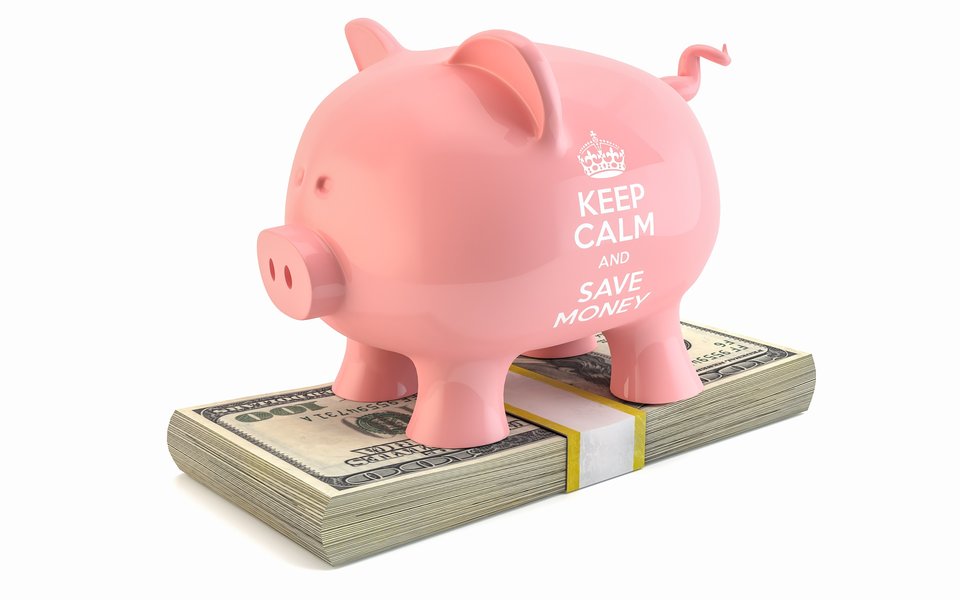Four Costly Debt Management Mistakes to Avoid

The world of finance can often feel insurmountably vague. With the advent of credit cards and mobile banking, money can often feel like an abstract rather than a tangible asset. This mindset can breed a casual approach to debt management and spending that digs people into deeper debt than they bargained for. Below we’ll explore the four most common debt management mistakes that people make—and how you can remedy them to get yourself on your way to a debt-free life with more freedom and less worry.
Over-Using Credit Cards
Credit cards may seem like they provide “free money” in the short-term, but using them can cost you big money in the long-term. Credit cards are the most useful for small emergency purchases that you plan to pay off quickly (like a new part for your car when you don’t get paid until next week) or for strategic credit-building.
If you want to use one regularly, make tiny purchases once a month and keep your balance well below your credit limit. If you have a card with a $300 limit, for example, your balance should always be below $100. Otherwise, your debt can actually harm your credit score—even if you always make your payments on time.
Ignoring Your Credit Report and Credit Scores
The mystical “credit score” may seem like it has no impact on your daily life. You’re half right—it doesn’t impact you at all until you need to borrow money for a big purchase, want to change jobs, or want to refinance an existing debt.
Nearly every payment you make (or neglect to make) will show up on at least one of your three credit reports. It’s crucial to keep an eye on your reports and scores—even when you’re not planning on making a big purchase—because correcting any inaccuracies as they appear can save you weeks or months of headache when you need to make a big purchase quickly.
Credit reports and your debt-to-income ratio are two of the biggest factors that determine your eligibility for auto and home loans…and the favorability of the interest rates you’ll receive.
AnnualCreditReport.com provides a free copy of all of your credit reports—from TransUnion, Experian, and Equifax—every 12 months. If you see an error on one of your reports, the website has a built-in system to dispute the charge and the credit agency will investigate on your behalf.
When’s the last time you checked your history? You might be surprised by just how much these credit agencies report!
Making Minimum Payments on Your Debts
Making the minimum payment on your debts may take financial pressure off of you in the short-term. However, because virtually every loan has an interest rate, making the minimum payment means that you’re likely only paying off your accumulated interest and not paying down your principal debt.
What that means is that you’re paying on the loan for longer and increasing the total amount you pay—plus, as interest accrues, you will likely end up paying thousands more than the actual item is worth.
Make the maximum payment on every loan that you can afford. It doesn’t have to be the same amount every month! Paying even $10.00 over your minimum payment can help you save financial headaches in the long-term and say goodbye to that loan sooner.
Not Communicating with Your Lenders
Life happens. We lose jobs. We go through a complicated divorce. We get ill at the worst possible moment. Instead of neglecting to pay your auto loan, mortgage, or credit card bill to compensate for your ill fortune, communicate your situation to your lenders. When you explain your circumstances, they may be able to help you avoid long-term consequences by:
- Allowing you a several month grace-period (called a deference) where you can stop paying your loans for an agreed-upon period of time without penalty.
- Working with you to negotiate a lower interest rate or a more manageable repayment plan to help you stay on track.
What’s one debt management lesson that you had to learn the hard way, and what did you do to overcome it? I’d love to hear about your experiences in the comments below.




1 Comment
Great advice & nice looking blog!